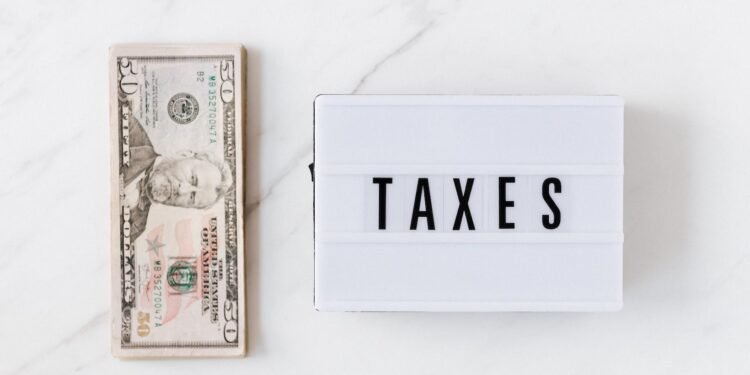Which of the Following is Tax-Deductible to the Firm?
Understanding tax deductions can feel like navigating through a jungle of complex regulations and fine print. It’s crucial, though, for any business to grasp what expenses can be deducted from taxable income. After all, tax deductions have the potential to significantly reduce a firm’s overall tax burden.
In my years of experience working with businesses of all sizes, I’ve found that it’s common for companies to overlook certain deductibles or not realize they’re eligible for them in the first place. Some might even hesitate to claim deductions fearing an audit. Yet, knowing which expenses are fully deductible could save your firm a substantial amount of money each year.
Deductible expenditures vary widely depending on factors such as the industry you operate in and the type of business entity you have (like LLCs or corporations). However, there are some general categories that apply across the board—things like salaries and wages, rent expenses, advertising costs and more. Let’s dive deeper into understanding what these categories entail and how they can affect your firm’s bottom line.
Employee Wages
It’s a common question among business owners: “Are employee wages tax-deductible?” The answer is, yes! In fact, they’re one of the most significant deductions that businesses can claim. Let’s dive in to understand why and how.
Typically, any money you pay to your employees for the work they’ve done can be deducted from your taxable income. This includes not only their regular salaries but also bonuses, commission payments, and overtime. It’s important to remember that these are considered operating expenses and thus qualify as deductible.
Consider this example. If my business has employed 10 full-time workers who each earn $50,000 a year, I’m looking at an annual payroll expense of $500,000. When tax season rolls around, this entire amount can be written off as a necessary cost of doing business.
But here’s where it gets interesting – employee benefits are also often tax-deductible! Whether it’s health insurance premiums or retirement contributions on behalf of your employees – if you’re footing the bill for these perks, there’s a good chance they count towards reducing your taxable income too. Be sure to consult with a trusted tax advisor about which specific benefits apply in your case.
Let me sum up some key points:
- Salaries
- Bonuses
- Commissions
- Overtime Pay
- Certain Employee Benefits
These items represent just some examples of employee-related expenses that could potentially lower your tax bill significantly while contributing positively to the welfare of those who help push your company forward.
In conclusion (remember no overuse), understanding what is and isn’t deductible when it comes to wages and benefits can make all the difference come tax time. So if you’re a small business owner trying to navigate through murky taxation waters – don’t overlook the potential savings associated with employee costs!

Rent and Utilities Expenses
Let’s dive right into the nitty-gritty. Rent and utilities expenses are a major part of operating costs for most businesses. Whether you’re running a retail shop, a cozy coffee house, or an expansive corporate office, you’ve got to pay the bills. And thankfully, when it comes to taxes, these expenditures can often be deducted.
If you’re leasing your business space, that monthly rent check is usually tax-deductible as a business expense. It’s crucial to remember though, this only applies to rent paid for property used exclusively for business purposes. If you’re employing the popular trend of working from home and using part of your living area as an office space, only the portion used strictly for work can count towards this deduction.
Utilities expenses cover everything from electricity and water to internet services and trash collection—essentially anything required to keep your doors open (virtually or otherwise). Much like rent expenses, utility costs associated with exclusively business-related activities are generally tax-deductible.
A few quick tips on deducting utility costs:
- Make sure all utilities are in your company’s name
- Keep detailed records of payments
- Don’t overlook lesser-known utilities like trash removal or janitorial services
But what about mixed-use areas? Suppose you run a bakery but live upstairs. The IRS has specific rules regulating how these sorts of situations should be handled when claiming deductions—typically involving some sort of percentage-based calculation.
All in all knowing which portions of your rent and utilities can be deducted is vital in minimizing tax liabilities while remaining compliant with IRS regulations.














































































































